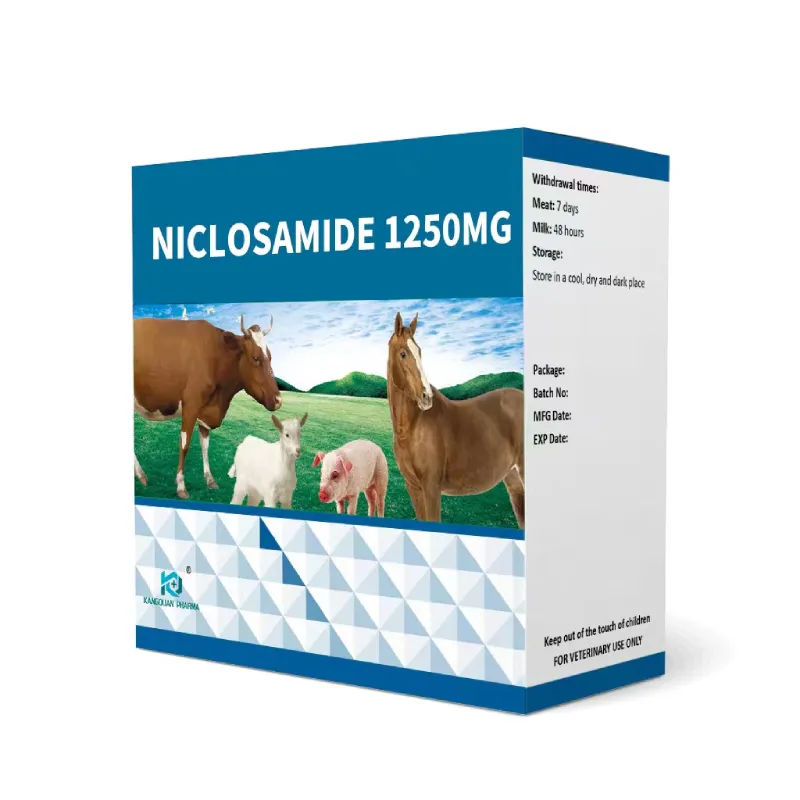- Afrikaans
- Albanian
- Amharic
- Arabic
- Armenian
- Azerbaijani
- Basque
- Belarusian
- Bengali
- Bosnian
- Bulgarian
- Catalan
- Cebuano
- Corsican
- Croatian
- Czech
- Danish
- Dutch
- English
- Esperanto
- Estonian
- Finnish
- French
- Frisian
- Galician
- Georgian
- German
- Greek
- Gujarati
- Haitian Creole
- hausa
- hawaiian
- Hebrew
- Hindi
- Miao
- Hungarian
- Icelandic
- igbo
- Indonesian
- irish
- Italian
- Japanese
- Javanese
- Kannada
- kazakh
- Khmer
- Rwandese
- Korean
- Kurdish
- Kyrgyz
- Lao
- Latin
- Latvian
- Lithuanian
- Luxembourgish
- Macedonian
- Malgashi
- Malay
- Malayalam
- Maltese
- Maori
- Marathi
- Mongolian
- Myanmar
- Nepali
- Norwegian
- Norwegian
- Occitan
- Pashto
- Persian
- Polish
- Portuguese
- Punjabi
- Romanian
- Russian
- Samoan
- Scottish Gaelic
- Serbian
- Sesotho
- Shona
- Sindhi
- Sinhala
- Slovak
- Slovenian
- Somali
- Spanish
- Sundanese
- Swahili
- Swedish
- Tagalog
- Tajik
- Tamil
- Tatar
- Telugu
- Thai
- Turkish
- Turkmen
- Ukrainian
- Urdu
- Uighur
- Uzbek
- Vietnamese
- Welsh
- Bantu
- Yiddish
- Yoruba
- Zulu
des . 01, 2024 05:03 Back to list
gentamicin sulfate
Gentamicin Sulfate An Overview of Its Uses and Mechanisms
Gentamicin sulfate is an antibiotic that belongs to the aminoglycoside class of medications. Firstly discovered in the late 1960s, gentamicin has become an essential tool in treating various bacterial infections, particularly those caused by Gram-negative bacteria. Its broad-spectrum activity makes it invaluable in clinical settings, especially for patients with serious infections where resistance to other antibiotic classes may be a concern.
The mechanism of action of gentamicin sulfate involves the inhibition of protein synthesis in bacteria. It binds to the 30S subunit of the bacterial ribosome, disrupting the ability of the bacteria to produce essential proteins. This inhibition leads to misreading of mRNA, resulting in the production of non-functioning proteins, ultimately causing cell death. This unique mechanism makes gentamicin effective against a variety of pathogens, including Pseudomonas aeruginosa, Escherichia coli, and many strains of Staphylococcus.
Gentamicin sulfate is often used in hospital settings for serious infections, particularly those acquired in the bloodstream, urinary tract, or respiratory tract. It is frequently used in combination with other antibiotics to provide a synergistic effect, enhancing the overall efficacy of treatment. Its importance is underscored by its inclusion in the World Health Organization's List of Essential Medicines, highlighting its necessity in the global health landscape.
gentamicin sulfate

In addition to systemic infections, gentamicin sulfate can be administered topically. It is available in various formulations, including ointments, creams, and solutions, enabling its use in treating localized infections, such as skin infections or ocular infections. However, its use must be carefully monitored, as gentamicin can be nephrotoxic and ototoxic, particularly when high doses are used over extended periods.
Due to the potential for adverse effects, it is crucial for healthcare providers to prescribe gentamicin sulfate with caution. Regular monitoring of renal function is recommended, as accumulation of the drug can lead to serious complications. Additionally, gentamicin should be used judiciously to minimize the risk of developing resistance. Bacteria can quickly adapt to the presence of antibiotics, and resistance to aminoglycosides has been increasing, necessitating the need for ongoing surveillance and research to ensure effective treatment options remain available.
In recent years, efforts have been made to explore new formulations and delivery mechanisms for gentamicin sulfate to enhance its effectiveness while reducing side effects. For instance, researchers have investigated liposomal formulations that could potentially improve the drug's pharmacokinetics and reduce toxicity.
In conclusion, gentamicin sulfate is a powerful antibiotic that plays a crucial role in the treatment of severe bacterial infections. Its unique mechanism of action and broad-spectrum efficacy make it a key component in modern medical practice. However, its use must be approached with caution, given the potential for toxicity and the overarching threat of antibiotic resistance. As research continues, the hope is to optimize gentamicin's application in a way that maximizes its benefits while minimizing risks to patients.
-
Guide to Oxytetracycline Injection
NewsMar.27,2025
-
Guide to Colistin Sulphate
NewsMar.27,2025
-
Gentamicin Sulfate: Uses, Price, And Key Information
NewsMar.27,2025
-
Enrofloxacin Injection: Uses, Price, And Supplier Information
NewsMar.27,2025
-
Dexamethasone Sodium Phosphate Injection: Uses, Price, And Key Information
NewsMar.27,2025
-
Albendazole Tablet: Uses, Dosage, Cost, And Key Information
NewsMar.27,2025













